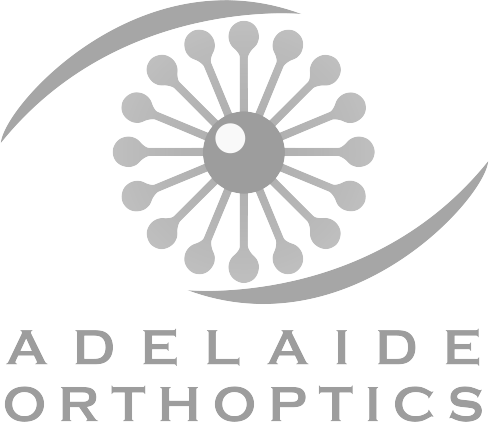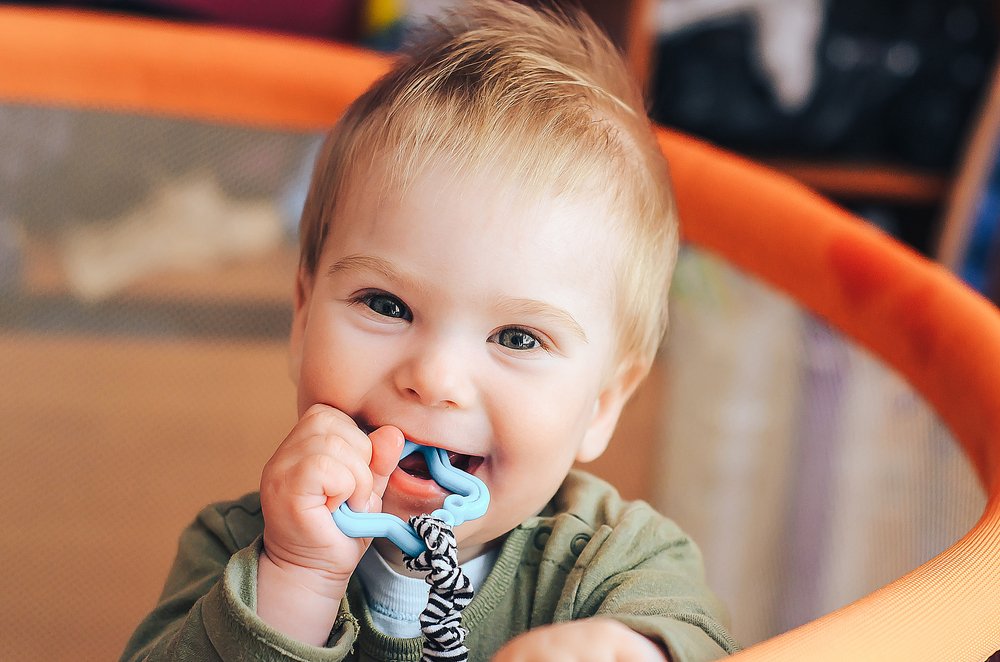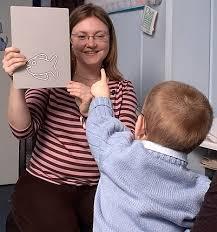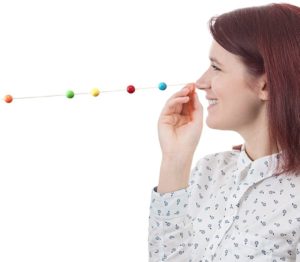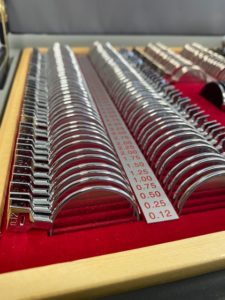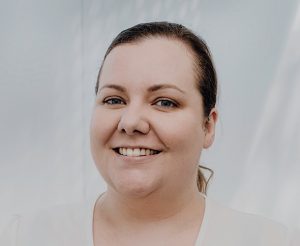You may wonder how we assess vision in babies? Orthoptists are university trained allied health professionals and orthoptists who specialise in children’s vision will be extremely experienced in appropriate assessment of vision in babies and younger children.
Orthoptists are able to use a variety of methods and tests in order for us to gain an understanding of your little ones vision.
We may spend sometime speaking to your little one or just watching them to see how they react visually. It may be necessary to keep noise to a minimum as we do not want your little one to react to noise rather than the toys or objects we show them.
We will often take note or ask how your child interacts with you in a visual way. The types of visual behaviour that we will be looking out for include:
-
Do they make eye contact with you and smile?
-
Do they become interested in toys or objects they are shown. Even better if they reach out and try to grab things.
-
Do they have a particular or aversion or love of bright lights?
-
Do they recognise a parent or carer from far distance without any noise being made?
-
Do they scare easily with objects coming from one side or the other?
-
Do they use pincer grip to grab for objects? (this is an age based assessment, as very young babies will not do this yet)
Alongside these cues we can use a variety of vision tests, these tests are called ‘preferential looking’ tests. They work on the principle that babies and young children or interested in looking at something rather than nothing. These tests are made up of an image or ‘stripe’ and a blank space, we watch to see how they respond. This level of response gives us a level of their vision.
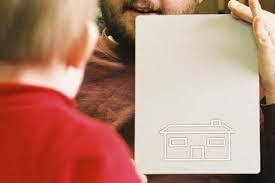
It is worth noting that we often implement these assessments in children who are not able to talk or are non verbal. They are a very important means of assessing vision in those children who cannot tell us what they can see.
Image Source
At Adelaide Orthoptics we are able to assess vision in children of all ages and abilities, they are not required to know their letters or even to be able to speak. If you are concerned about your little one please contact us for an appointment, we do not require a referral and offer a range of days and times for you to attend.
